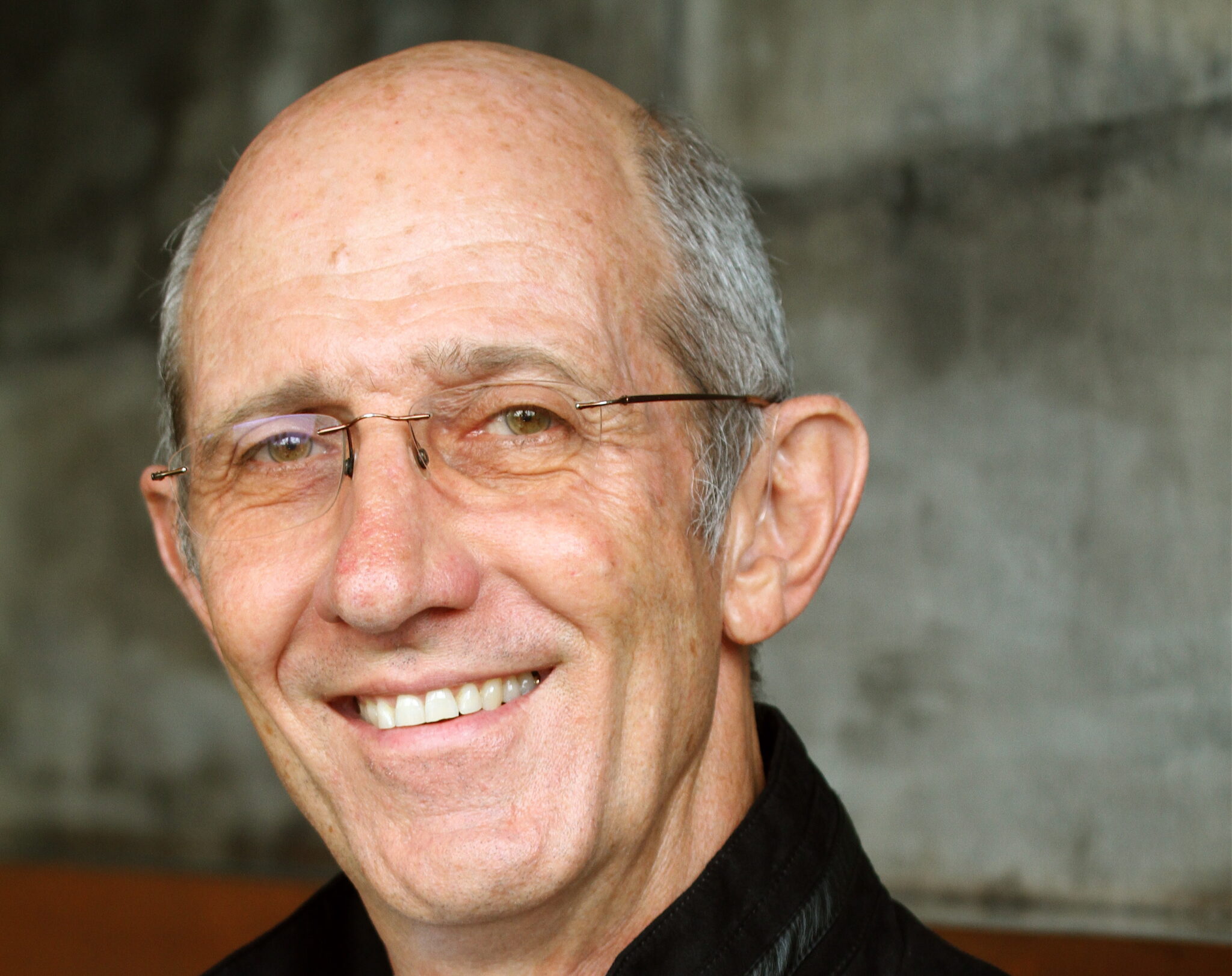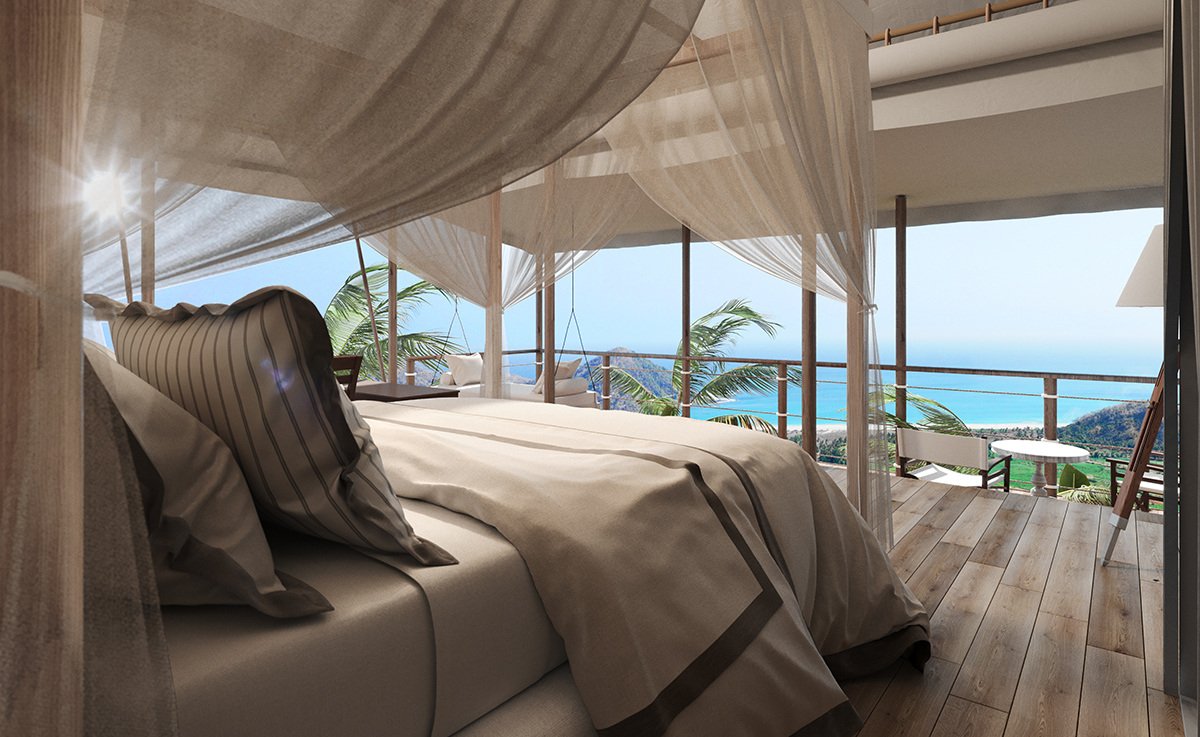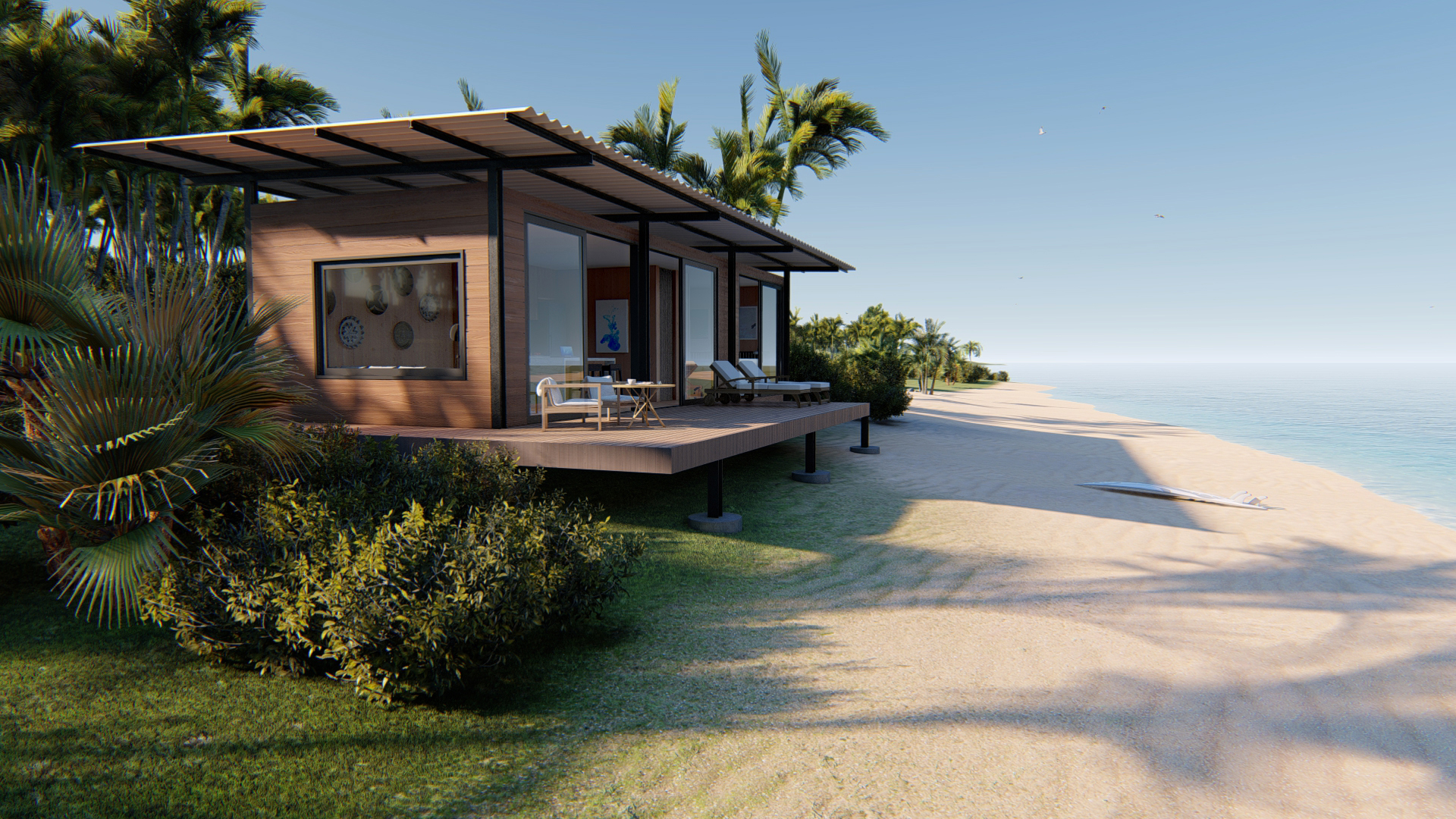Travel and tourism has become one of the most important sectors in the world economy, accounting for 10 percent of global GDP and more than 300 million jobs. The worst affected sector was the hospitality industry, which contracted by over 30%. In a post-pandemic scenario, the world has learned the lesson of sustainable living. Thehospitality industry gets a boost from both sustainable and tourism. Piet Van Zyl is the Chief Regenerative Officer of Selo Group and he talks to us about the positives and negatives of regenerative practices in the hospitality sector. What is the purpose of the program? The practice of regeneration goes beyond what is sustainable. It is more about having a positive impact than it is about doing less harm. Regeneration involves improving the societies and the environment in which we operate, in such a way that every stakeholder benefits in the long run. We want to leave the entire community healthy rather than focusing solely on harm. The post-covid world has a lot of important issues. Most industries have used the term "sustainability" for years. With increased evidence of climate change and the impact it is having on communities, preserving the environment has become an essential standard for the hotel industry. It's more important to use eco-friendly practices because of the adversities and the situation of the Pandemic. We use our position in the industry to encourage other developers to look beyond sustainable development. This approach aims at making a positive impact for local communities and the environment. Can you tell us about the footprint programme? The process of regeneration has been incorporated into our work. Selo Group has been supporting and contributing to the communities in Indonesia for more than a decade. We offer support for disaster relief efforts and provide sustainable jobs for the community to help them grow. The programme supports local schools by establishing sport clubs and providing essential infrastructure such as water tanks and internet, as well as coordinates and participates in beach clean-ups. Selo Footprints will be implemented at every new development we undertake. Can you tell us more about the villas? The pre-crafted system construction process was introduced to ensure better use of resources and energy. It is a multi-step process. In 2020, we launched Selo precrafted designer villas that provide an opportunity for cost-effective real estate anywhere in Indonesia and across all Selo projects. The villas are built using precrafted construction, which involves assembling components at a manufacturing site and transporting them to a requested location. This includes saving time, minimal requirement of skilled labour, faster return on investment, a greater chance to meet immediate market demand, and a reduced environmental impact with minimal waste on site. What are the other sustainable practices you follow? Selo has a goal of zero waste to landfill in its operation in Lombok by developing several initiatives to minimize our environmental footprint. The initiative is built on the principles of waste management. Selong Selo For Waste Recovery (SSCR) is a waste management centre that was created to separate, recycle and upcycle all waste collected at the development. We use organic materials, raw materials such as cut bottles, crushed glass, shredded plastic, and products such as Reusable bags, drinking glasses, and terrazzo vases. What incentives do you offer? Travelers to Selo properties can make a contribution to the Selo Footprints program through a small donation per guest night and can offset their carbon footprint at the resort as well as flights to the resort, through Selo Footprints. This will be used to improve the environment around the development. What are the trends in green travel in the hotel industry? When travelling, we have to be aware of greenwashing. Not everyone is doing enough to be able to travel in a sustainable way. People who visit hotels should ask about the sustainable initiatives that have been put in place. The industry is aware that those who do more to conserve the environment will be more popular with travellers. What are the main challenges and achievements of the last two years? Lack of funding and minimal operations funding was the biggest challenge for many initiatives. At Selo, we used this time to build closer relationships with the communities in Lombok. As a result, we were able to continue many activities such as Selo Footprints, Stronger Together, and raising money for the suffering communities of Lombok. Do you have any new initiatives in the next year? An eco park is being built behind the Selong Selo Resort in Lombok. The 100 hectares of the forest will be regenerated and will include a plant and tree nursery, renewable energy, a food forest, and other regeneration tourism activities for the guests and local community to take part in, with the goal of promoting regeneration and restoration of the environment and social resilience. By Megha Paul
By Megha Paul 

